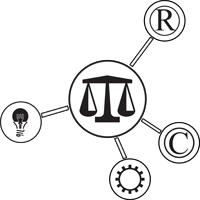Unfair Competition is a form of intellectual property protection relating to actions which cause economic injury to a business through deceptive or otherwise unfair acts.
The purpose of unfair competition law is to protect consumers and competitors from deceptive or unethical conduct in commerce. The law of unfair competition emerged from the common law, and today there are numerous federal and state statutes which are designed to protect valuable business information and competition.
Unlike other areas of intellectual property protection, such as patent and copyright law, unfair competition claims are not pre-empted by federal law and may involve both federal and state causes of action. Unfair competition law encompasses a variety of types of commercial or business conduct including:
Acts of Trademark and Trade Dress Infringement
False Advertising
Dilution
Trade Secret Theft
Other protections available include:
Antitrust
Federal Unfair Competition
False Advertising Under Section 43(a) of the Lanham Act,
Federal and State Computer Fraud Statutes
State Contract and Employment Law Covering Inventions
and Non-Disclosure and Non-Compete Agreements
Trade Secret Laws
Laws Recognizing the Right of Publicity
Unfair competition law often overlaps with other areas of intellectual property protection such as patents, trademarks and copyrights. To this end, Kelly & Kelley, LLP is well experienced to handle these matters. K&K attorneys have drafted agreements and licenses protecting the intellectual property assets of its clients and litigated on behalf of its clients when necessary to resolve questions of competitive activities.
